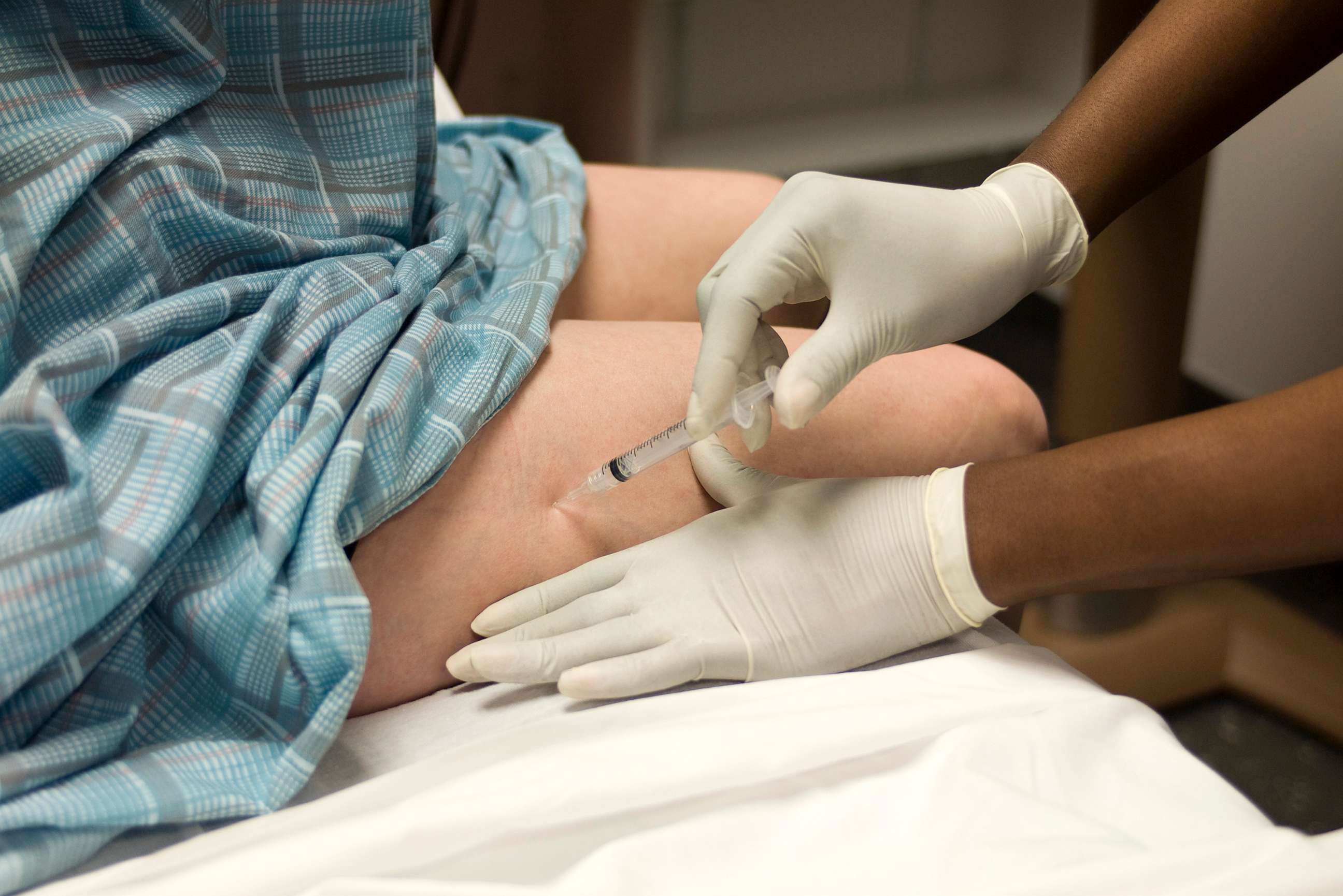Gender-affirming care for trans youth improves mental health: Study
Depression and anxiety decreased for trans youth, the report said.
Gender-affirming hormone therapy improves the mental health of transgender adolescents and teenagers, a new study released Wednesday in the New England Journal of Medicine showed.
The study tracked over 300 trans and nonbinary youth across the country for two years as they took testosterone or estradiol to help their physical appearance align more closely with their gender. The participants were in various stages of puberty.
The report found that depression and anxiety symptoms decreased for trans adolescents and teenagers, and life satisfaction increased after starting and continuing gender-affirming hormone therapy.

Many studies over the past few years have reached similar conclusions, but this is one of the larger studies to date.
The findings highlight what activists say are the dangers of denying trans adolescents and teens gender-affirming medical care, which has been under attack in states across the country.
At least 11 states have introduced bills for the 2023 legislative sessions that would ban or restrict the use of hormone therapy for trans people. States like Arkansas, Tennessee, Alabama, Arizona, Florida and Texas have implemented policies or laws that restrict gender-affirming care broadly for trans youth.
Some introduced bills no longer affect just minors – some states like Oklahoma introduced prospective bans into adulthood, restricting access to this care until the age of 26.

Top national medical associations such as the American Medical Association, American Academy of Child and Adolescent Psychiatry, and American Academy of Pediatrics support gender-affirming care as safe, effective, and proven to save young people's lives.
The team behind this study is also researching the effects of puberty blockers, which have also come under scrutiny by legislators.
Puberty blockers suppress puberty for transgender children so they don't have to experience the effects of puberty that do not align with their gender, as defined by Planned Parenthood.
That data has not yet been released. However, puberty blockers are considered to be a safe treatment for children, and have also been used for non-transgender related care.




